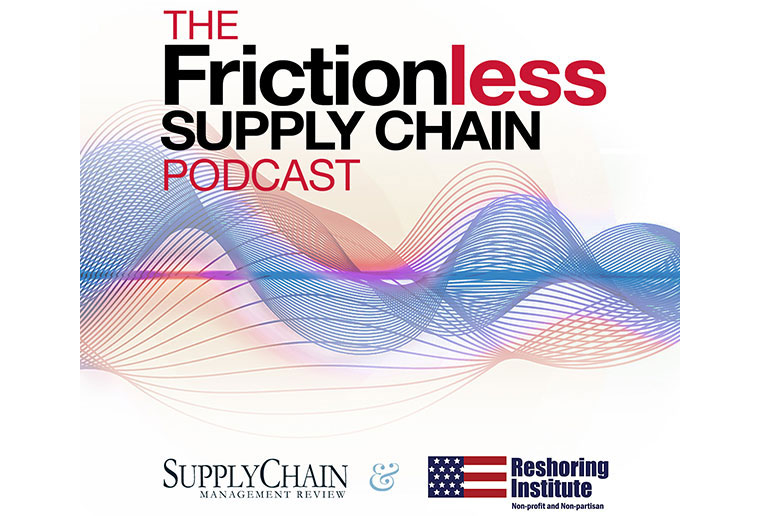While government and relief agencies are dealing with the ongoing health and safety consequences of Japan’s earthquake and subsequent tsunami, supply chain professionals are coping with the tremendous impact this has made on global shipping and sourcing.
“Right now the only thing that appears safe to say is the ports in the northern part of the country are most affected by the quake and the tsunami,” said spokesmen for BIMCO, an independent international shipping association based in Bagsvaard, Denmark.
“All ports in that area are assumed to be out of order as operations have stopped and port facilities may have been washed away,” spokesmen added.
The long term implications, said BIMCO analysts, is that container shipping may be impacted by lack of exports from the Japanese factories, causing liner companies to leap-frog Japanese ports on their trans-Pacific trading lanes.
“Dry bulk shipping may be impacted in many ways as Japan is a major importer of thermal coal for power generation, iron ore and coking coal for steel production and grains for food and feedstock,” said BIMCO.
And as noted in the mainstream press, several nuclear power plants may be shut down for days or weeks and coal stocks at coal-fired power plants have experienced coal stocks getting flooded away.
Meanwhile, tanker shipping may be impacted as refineries are on fire, which could affect product tanker demand. Moreover, the nuclear power plant shutdown may also affect overall oil imports for power generation.
Both imports and exports may be affected by force majeure, added analysts, but the full impact this will have on the global insurance industry is a matter of conjecture.
Air cargo operations were interrupted immediately following the quake, with Lufthansa Cargo among the first to suspend service.
At last report, however, the airline spokesmen said “light operations are “stabilizing and returning to normal.”
In an era of globe-spanning operations, multiple events over the past year once again underscore the critical need to develop comprehensive business continuity plans in light of supply chain vulnerabilities.
That’s the conclusion shared with SCMR by Insight, Inc., a provider of supply chain planning applications in a recent interview.
“Heightened risks and outright disruptions are coming at us at a furious pace and it is absolutely critical that firms be prepared with detailed contingency plans,” said Dr. Jeff Karrenbauer, president of INSIGHT, Inc.
For related stories click here.
SC
MR

Latest Supply Chain News
- Humanoid robots’ place in an intralogistics smart robot strategy
- Tips for CIOs to overcome technology talent acquisition troubles
- There is still work to do to achieve supply chain stability
- Blooming success: The vital role of S&OE in nurturing global supply chains
- Supply chain salaries, job satisfaction on the rise
- More News
Latest Podcast

 Explore
Explore
Latest Supply Chain News
- Humanoid robots’ place in an intralogistics smart robot strategy
- Tips for CIOs to overcome technology talent acquisition troubles
- There is still work to do to achieve supply chain stability
- Blooming success: The vital role of S&OE in nurturing global supply chains
- Supply chain salaries, job satisfaction on the rise
- How one small part held up shipments of thousands of autos
- More latest news
Latest Resources

Subscribe

Supply Chain Management Review delivers the best industry content.

Editors’ Picks





